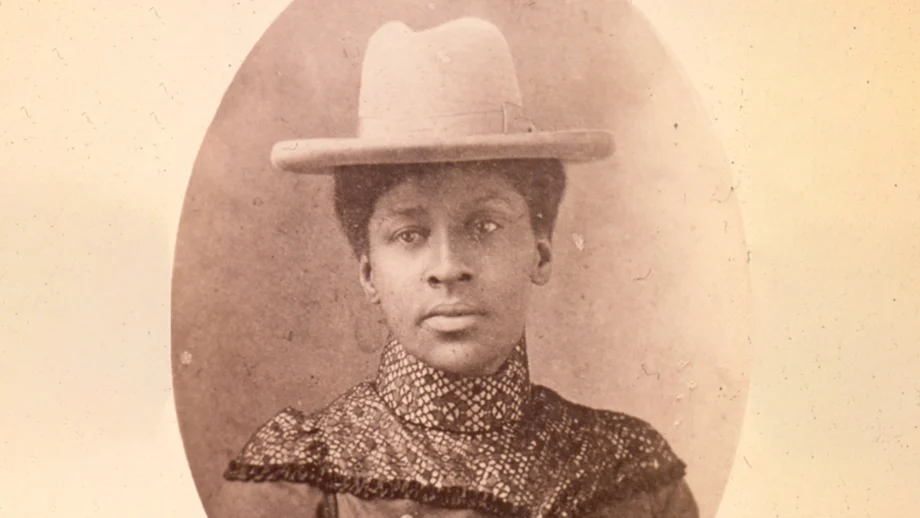The Manitoba government has developed a plan to implement the recommendations of the provincially commissioned Task Force on Education Outcomes for Children in Care, Education and Advanced Learning Minister James Allum announced today.
“Nothing is more important than providing children and youth with the best opportunities to succeed, especially those facing the additional challenge of being in care,” said Minister Allum. “That’s why we commissioned this report and welcome these recommendations, which played a critical role in helping us develop concrete actions we can take in our schools and communities to help children in care get the best education possible.”
“I commend the task force for these recommendations that will certainly improve outcomes for children in care,” said Family Services Minister Kerri Irvin-Ross. “I am pleased to see customary care identified as key to providing the stability and connectedness needed to succeed at school. This confirms the urgency for the proposed legislation we recently introduced to pass into law.”
In the spring of 2015 in response to a Healthy Child Manitoba commissioned report from the Manitoba Centre for Health Policy on education outcomes for children in care, Minister Allum and Family Services Minister Kerri Irvin-Ross launched the Task Force on Education Outcomes for Children in Care, co-chaired by Kevin Lamoureux from the University of Winnipeg and Tammy Christenson from Ndinawemaaganag Endaawaad Inc.
“This task force is the beginning of an ongoing conversation and we must continually strive for a better home and school environment for kids in care. I know that educators and family service workers share that goal,” said Lamoureux. “I have a deep gratitude to those who worked so hard on the task force and a great appreciation of the front-line workers that serve our students and families every day.”
The resulting report provided 10 broad recommendations in areas such as communication and data sharing, mental health and well-being, Indigenous insights, education and awareness and professional training and education. In response to the recommendations, the Manitoba government will:
- ensure customary care for children in need of protection becomes a standard option;
- invest $950,000 in new targeted supports to schools to support the hiring of youth mental health workers (part of its commitment to the Youth Mental Strategy launched in 2015);
- propose amendments to school of choice legislation so that children in care are given higher priority when it comes to school placement;
- provide new supports for school divisions to help pay for transportation costs for children in care that may have to move out of their catchment areas;
- raise awareness and identify training opportunities on the existing ‘Education and Child and Family Services Protocol for Children and Youth in Care’, established in 2013, at schools and agencies as the standard for information sharing;
- train or re-train all Manitoba Child and Family Service agency workers on the protocol and make it mandatory for all workers to take regular trauma training, in collaboration with the four CFS Authorities;
- review foster parent training and resources to include trauma training and familiarity with the protocol, in collaboration with the four CFS Authorities;
- engage the school of social work to include the protocol as well as trauma informed care and practice be a part of post-secondary education for social workers and educators;
- establish a new inter-departmental, inter-agency and divisional working group that will minimize barriers for information flow; and
- appoint a liaison between Manitoba Education and Advanced Learning and Manitoba Family Services who will help the working group and be a resource for schools and agencies.
The minister also noted the province will work with school divisions to implement best practices, make more training available and develop new resources for teachers to support students living with trauma.
“In developing these recommendations, we saw many obstacles in the way of allowing children in care to succeed in school, most of which could be removed with a government and school divisions committed to doing so,” said Christensen. “Any opportunity to break down barriers to help children in care succeed is an investment in their future and generations to come. I thank my co-chair, Kevin Lamoureux, and all task force members for their insight and dedication to helping give children in care a voice.”
The Task Force on Education Outcomes for Children in Care consulted with education experts, teachers, social-service providers and other interested parties to develop an action plan for both immediate and long-terms steps to improve outcomes for children in care.
The recommendations will be reviewed with school divisions and agencies to develop a full implementation plan, Minister Allum said.
– 30 –




